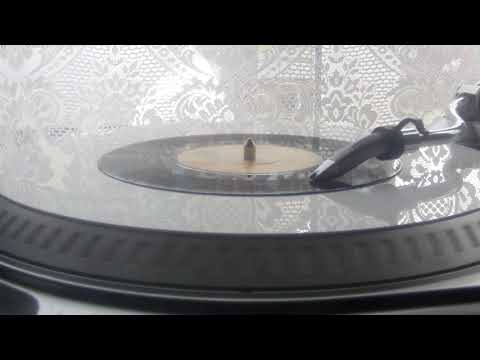I’ve been thinking about starting this thread for a few days, and am wanting to gauge interest in it. In the non-pol hot takes thread an interesting discussion got underway related to Nirvana that a few people might have liked to build on in another place.
If that’s the case, maybe something can be started here. This is a place where it would be potentially fun to discuss the nuts and bolts of music production or any other kind of production (movies/TV/whatever) that goes into building what the experience of a song or anything else is for the audience.
Most people in the world have no clue what sound people do, and it is by far the most subjective of the arts. If you put the same song in front 10 different people, you’ll get 10 radically different mixes, and that’s the beauty of sound.
If there is interest in this topic, I’m willing to do one thing, but I have to do it cautiously and anonymously. I’ll be posting things to listen to, but I won’t be identifying it, and will appreciate no one trying to identify the material. I do not have permission to do this (probably could get it but don’t feel like reaching out about it), and that’s why it needs to stay essentially ‘secret’ (no names posted on songs on YouTube or who the artist is etc. and I might even make the videos unlisted).
For the first thing I’m willing to do if there is interest, I’ll remix a song I worked on that was never released in the form I created. It’s from several years ago, and was released in a different form as a single for an album that was never released. Some of the things we talked about in the other thread were things like intent, tone, feel, etc. I described the keys to what I consider to be a successfully produced song from demo to final record (capturing the essence of the band, the essence of the song, and bringing the song up to its full potential as recorded or via producing).
If I post this song, it will be a work in progress of trying to do all of those things. I will only be mixing the instrumental version of the song, and will be posting it in pieces so you can get an idea of my work progression/style. I’ll be willing to answer any questions about process, and will be open to criticism on the work as well. The song is an excellent example of something where my vision absolutely did not match the artist’s vision, and I’m quite confident the artist was wrong about which way was better (the label agreed with me, without ever hearing my version, based on the record never being released). I think it’s quite possibly the best song the artist ever wrote, but the artist was never willing to let the song live as what the artist produced in the recording. It’s that allergy to success I mentioned in the other thread, and if I eventually post what was released, what I mean will be really clear.
Enough about me and what I’m planning for this thread. If any of you want to have any in depth discussions about any of this kind of stuff, or want to use it as an avenue to post your own work for analysis, I’m all for that, and can also contribute honest feedback if desired. Be ready for harsh criticism if you dare, but I would only present it in a way that helps you and is not meant to tear you down.
For me, this thread is never going to be about the actual songwriting quality or whether I like any songs, and is always intended to be about production (if you ever want to do this for a living, you have to give your best effort for stuff you hate on continuous repeat, so it’s best to learn that now).
We’re in a time in the industry (post/music) where knowledge isn’t being passed down via traditional avenues and everyone’s doing whatever they want with no guidance. It leads to a lot of crappy work. I’m no great music mixer as far as I know, but I’m competent, and probably a bit above average especially for the genres I’ve worked in. I certainly am good enough to help solve problems, and on anything other than music I’m on a much higher level than that.
Is this of interest? If so, start posting, and we’ll get going.








